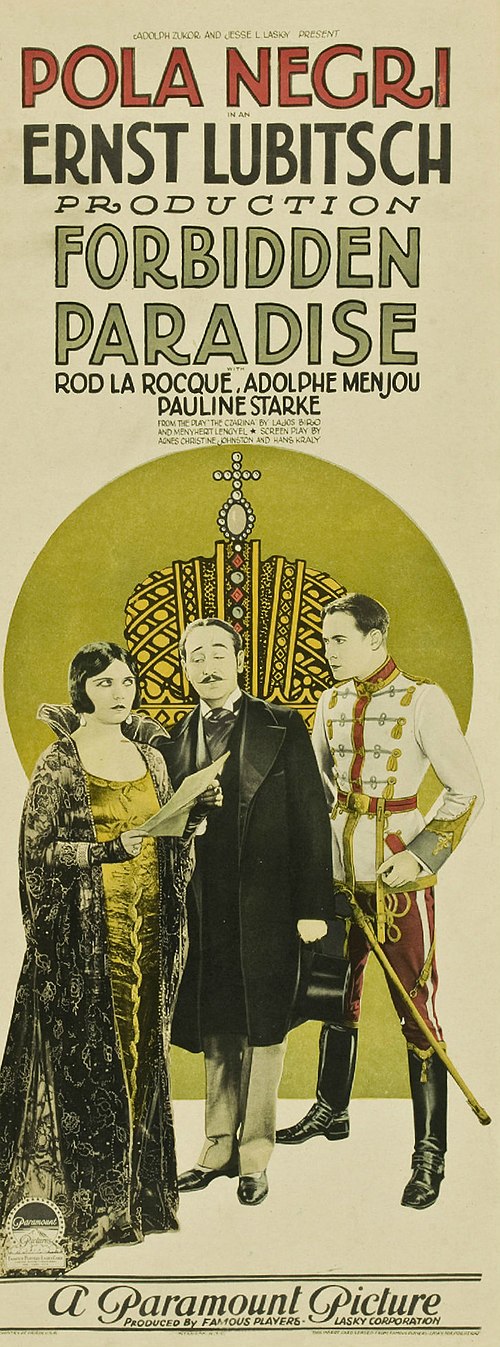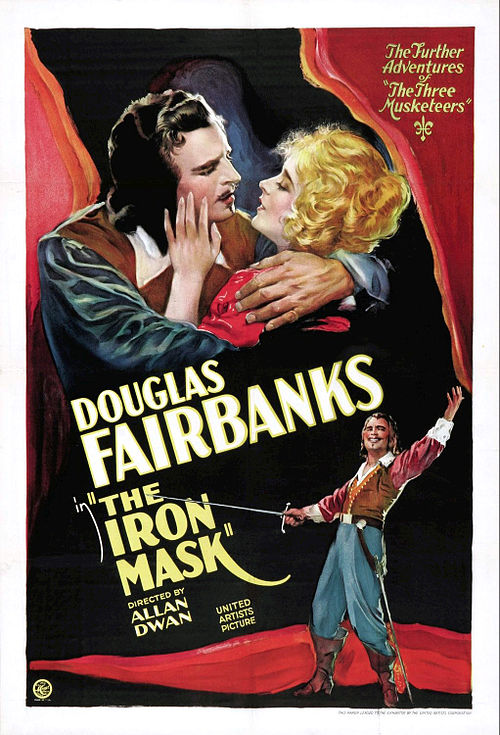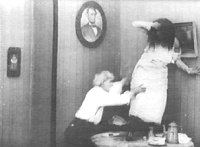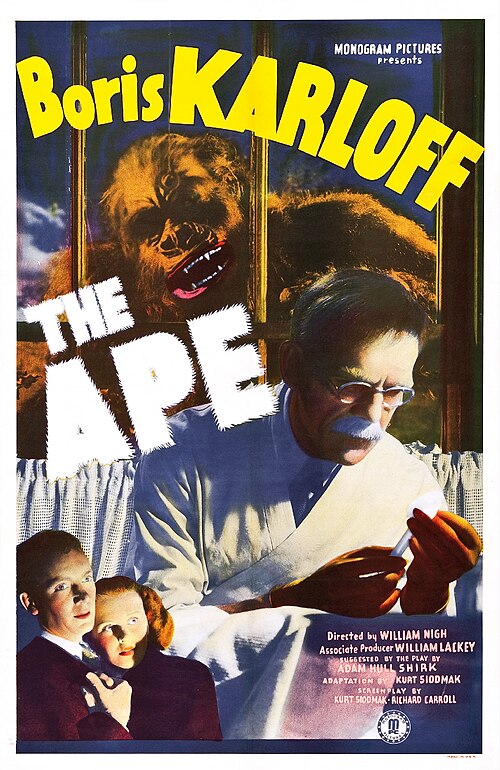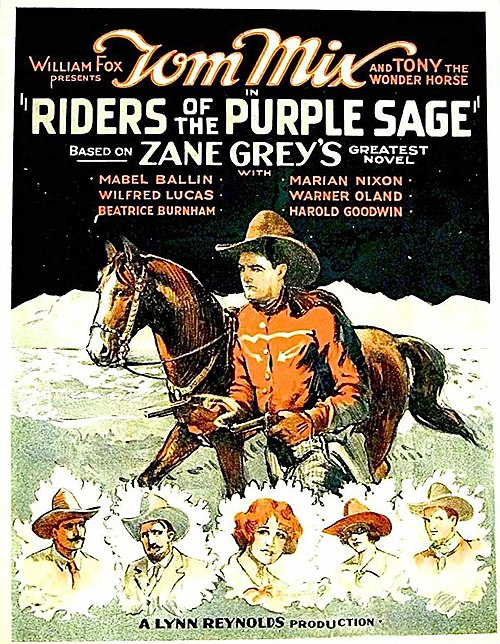Advertisement
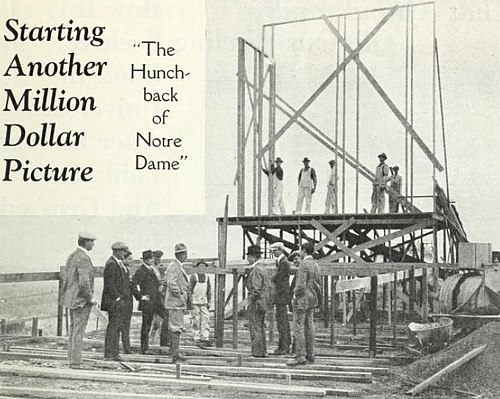
Image source: Wikimedia Foundation (wikimedia.org)
Download Movie [Video Format: MP4]
Movie Source: Internet Archive (archive.org)
Advertisement
Advertisement
The Hunchback of Notre Dame Part Four (1923)
1923
The Hunchback of Notre Dame Part Four (1923)
<br>
| based on =
| starring = Lon Chaney<br>Patsy Ruth Miller<br>Norman Kerry<br>Nigel de Brulier<br>Brandon Hurst
| music = Cecil Copping<br>Carl Edouarde<br>Hugo Riesenfeld<br>
| cinematography = Robert Newhard<br>Tony Kornman<br>Virgil Miller<br>Stephen S. Norton<br>Charles J. Stumar
| editing = Edward Curtiss<br>Maurice Pivar<br>Sydney Singerman
| distributor = Universal Pictures
| released = September 2, 1923
| runtime = 100 min
| country = United States
| awards =
| language = Silent film<br>English intertitles
| budget = $1,250,000 (estimated)
| gross = $1.5 million
}}
File:The Hunchback of Notre Dame (1923).webm
The Hunchback of Notre Dame is a 1923 United States of America film starring Lon Chaney, directed by Wallace Worsley, and produced by Carl Laemmle and Irving Thalberg. The supporting cast includes Patsy Ruth Miller, Norman Kerry, Nigel de Brulier, and Brandon Hurst. The film was Universal Studios's "Super Jewel" of 1923 and was their most successful silent film, grossing over $3 million.
The film is based on Victor Hugo's 1831 novel The Hunchback of Notre-Dame. It is notable for the grand sets that recall 15th century Paris as well as for Chaney's performance and make-up as Quasimodo, tortured bell-ringer of Notre Dame de Paris. The film elevated Chaney, already a well-known character actor, to full star status in Hollywood, and also helped set a standard for many later horror films, including Chaney's The Phantom of the Opera (1925 film) in 1925. In 1951, the film entered the List of films in the public domain in the United States due to the claimants failure to renew its copyright registration in the 28th year after publication.<></>
Plot
The story is set in Paris, France.Quasimodo is a deaf, half-blind, Kyphosis bell-ringer of the famous Cathedral of Notre Dame in Paris. His master, Jehan Frollo, the evil brother of the saintly archdeacon, Dom (title) Claude Frollo, prevails upon him to kidnap Esméralda (The Hunchback of Notre Dame), a dancing Romani people girl and the adopted daughter of Clopin, the king of the oppressed beggars of Paris' underworld. The dashing Captain Phoebus rescues Esmeralda from Quasimodo, while Jehan abandons him and flees. At first seeking a casual romance, Phoebus becomes entranced by Esmeralda, and takes her under his wing.
File:Hunchback of Notre Dame.jpg
Quasimodo is sentenced to be lashed in the public square. After being whipped, he begs for water. Esmeralda pities him, and brings him some.
To their dismay, Jehan and Clopin both learn that Phoebus hopes to marry Esmeralda, despite being engaged to Fleur de Lys. Phoebus persuades Esmeralda to accompany him to a ball celebrating his appointment as Captain of the Guard by King Louis XI. He provides her with rich garments and introduces her to their hostess, Madame de Gondelaurier, as a Princess of Egypt. Clopin, accompanied by his beggars, crashes the festivities and demands Esmeralda be returned. To avoid bloodshed, Esmeralda says that she does not belong with the aristocracy.
Later, however, Esmeralda sends street poet Pierre Gringoire to give Phoebus a note, arranging a rendezvous at Notre Dame to say goodbye to him. There, Jehan stabs Phoebus in the back and lays the blame on Esmeralda. She is tortured into giving a false confession and sentenced to death. However, she is rescued from the gallows by Quasimodo and carried inside the cathedral, where she is granted Sanctuary#Legal sanctuary, temporarily protecting her from arrest.
File:Hunchback -Notre Dame 1923.jpg
Clopin leads the whole of the underworld to storm the cathedral that night, while Jehan attempts to take Esmeralda, first by guile (telling her that Phoebus's dying wish was for him to take care of her), then by force. Quasimodo holds off the invaders with rocks and torrents of molten lead. Meanwhile, the healed Phoebus is alerted by Gringoire and leads his men against the rabble. When Quasimodo finds Jehan attacking Esmeralda, he throws his master off the ramparts of Notre Dame, but not before being fatally stabbed in the back. Phoebus finds and embraces Esmeralda. Witnessing this, Quasimodo rings his own death toll. The last image is of the great bell, swinging silently above the corpse of Quasimodo.
Cast
- Lon Chaney as Quasimodo
- Patsy Ruth Miller as Esméralda (The Hunchback of Notre Dame)
- Norman Kerry as Captain Phoebus
- Kate Lester as Madame de Gondelaurier
- Winifred Bryson as Fleur de Lys
- Nigel De Brulier as Claude Frollo
- Brandon Hurst as Jehan Frollo
- Ernest Torrence as Clopin Trouillefou
- Tully Marshall as King Louis XI
- Harry von Meter as Monsieur Neufchatel
- Raymond Hatton as Pierre Gringoire
- Nick De Ruiz as Monsieur le Torteru
- Eulalie Jensen as Marie
- Roy Laidlaw (actor) as Jacques Charmolue
- Ray Myers as Charmolue's assistant
- William Parke as Josephus
- Gladys Brockwell as Gudule
- John Cossar as Judge of the Court
- Edwin Wallock as King's Chamberlain
- Louise LaPlanche as Gypsy girl
Censorship
The film didn't want to portray Claude Frollo as he was in the The Hunchback of Notre-Dame due to him being a Roman Catholic clergyman and the main villain of the story. So, instead of being the villain, he is a good archdeacon, and his brother Jehan (who is a drunkard student and a minor character in the novel) is the main villain of the movie. Also, in order for Jehan to do some of the same bad things that the original Claude does, he was to be portrayed as an older man, and not a young man like he was in the novel. All these changes made for the Frollo brothers later influenced the The Hunchback of Notre Dame (1939 film) to do the same.Preservation
Original prints of the film were on cellulose nitrate film stock and were either worn out, decomposed or were destroyed by the studio (mostly the latter). Original prints were on film tinting stock in various colors, including sunshine, amber, rose, lavender and blue.The only surviving prints of the film are 16 mm "show-at-home" prints distributed by Universal in the 1920s and 1930s for home-movie purposes, and no original 35mm negatives or prints survive. Most video editions (including public domain releases) of the film are derived from 16 mm duplicate prints that were distributed by Blackhawk Films in the 1960s and 1970s. A DVD release of a newly restored print of the film was released by Image Entertainment on October 9, 2007.
A print of the film is held at Gosfilmofond Russian State Archive, however it is not clear what gauge the print is in, 16mm or 35mm.
See also
Category:1923 films
Category:American films
Category:American historical films
Category:American silent feature films
Category:American romantic drama films
Category:Black-and-white films
Category:1920s romantic drama films
Category:1920s historical films
Category:Films based on The Hunchback of Notre-Dame
Category:Films directed by Wallace Worsley
Category:Films set in Paris
Category:Films set in the 1480s
Category:Films produced by Irving Thalberg
Category:Universal Monsters film series
Category:Universal Pictures films

